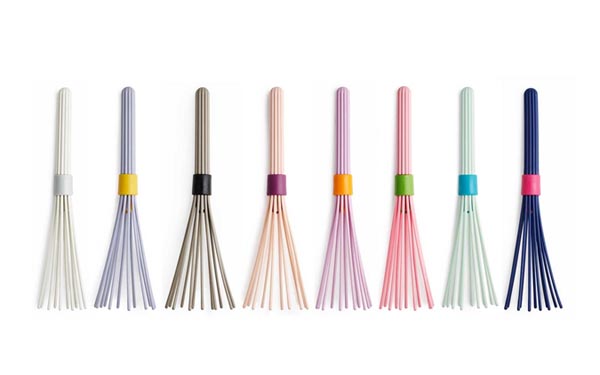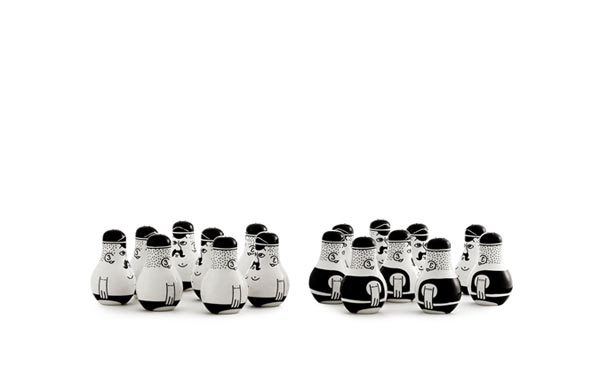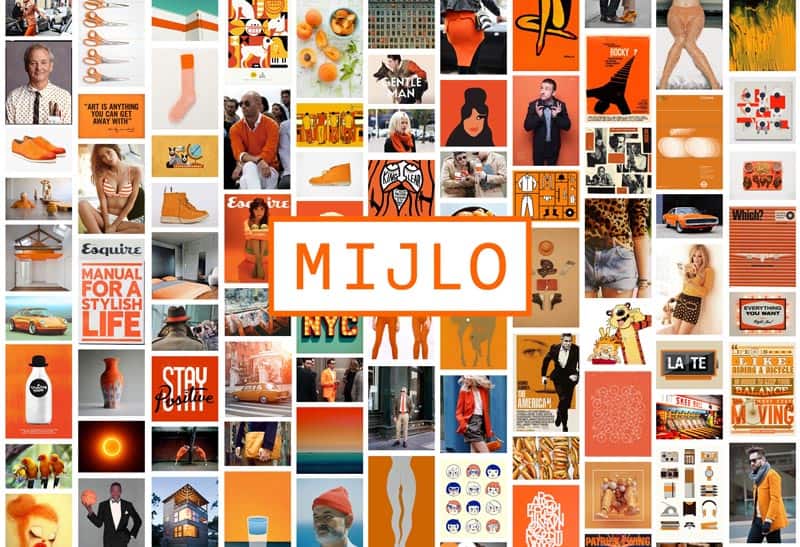Online retailer MIJLO, launching in late September, wants to change the way we shop, decorate and occupy space. The retailer will sell locally designed home décor products, taking into account the life cycle of merchandise to build products that are environmentally sustainable and producer-friendly, based on the design concept cradle to cradle. At MIJLO they strive to create incentives for individuals to continue to use products long after they’ve finished serving their initial purpose.

It is often the case that many retailers and producers compromise quality for cost. However, these trade-offs typically have unforeseen consequences that take shape as human rights violations. I will not get into the politics of sweatshops or outline the labour abuses that are now common practice; however, I do want to prioritize this gesture that companies like MIJLO are making. It is refreshing to have people question the cost of mass production vis à vis human dignity. Although it is extremely trendy to create and sustain equitable transnational relationships, the reality is that business practices like these are responses to consumer desires. People are into “thinking green” or “buying fair trade,” which makes businesses much more mindful of the damaging ramifications of globalization on human rights and the environment.
MIJLO allows us to create spaces that reflect our personalities instead of our budgets. Founder Daniel Eckler and his team are interested in using new technologies, such as three-dimensional printers, to make products producer friendly. At MIJLO they also take a community-oriented approach to ensure that products do not uncritically exoticize cultures. MIJLO designs their merchandise—they do extensive research in order to ensure that products reflect the diversity of their potential clients.

But what about the shopping experience? Although the sensory experience that comes with shopping in stores is taken away, it does not come at the cost of consumer satisfaction, Eckler assured me that the shopping experience would remain “emotional”: MIJLO is creating a virtual experience that allows one to re-imagine and re-create their spaces. The website will be a unique and creative interface that will make the shopping experience dynamic. The site beckons the inventiveness and imagination of the shopper, making the shopping experience interactive and fun. However, to establish a physical presence MIJLO will have real life pop-up shops that mimic the online shopping experience.
MIJLO is helping revolutionize the way we shop and consume. By providing conscientious products, they create alternatives that do not come at a hefty mark up. MIJLO has the potential to become one of the most competitive online stores. Sites like MIJLO provide a more accessible and enjoyable platform for consumers to make ethically and environmentally responsible choices.



 Follow Us On Instagram
Follow Us On Instagram
